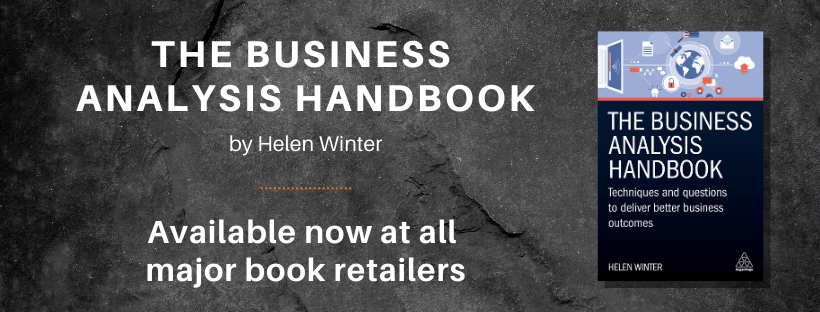
Business analysis is such a wide area and needs to keep up with the latest market needs in order to ensure better business outcomes. Here is a summary of some of the key areas of change that impact it.
Use of smart phones and social media
The popularity of smart mobile phones and the increase of social media presence has changed how customers want to interact with products and services. Customers can now engage and find information whenever they want through their mobile phones. They can also more easily look for recommendations and ask for advice from a range of sources.
Customer experience is improved by making it easier for customers to engage and find out information when they want to. In fact, many search engines now penalise company websites that are not mobile friendly. It is also easier to reach a wider market using marketing campaigns where customers can promote the product or service for free in return for loyalty benefits rather than traditional advertising.
What it means to business analysis
Being able to put the customer at the heart of the analysis to understand how the customer wants to interact with the product or service is key. Design thinking, system thinking techniques, digital transformation experience and use of agile has become more important to business analysis as a result.
Disruptive technologies
Cloud technology, big data and machine learning have grown in popularity and use and can be termed as disruptive technologies. This means that it opens possibilities of doing business in different ways and new possibilities for communicating with the customer.
This means the focus changes from re-engineering existing business process to brand new ways of doing things and new business processes.
What it means to business analysis
It’s helpful to understand what these technologies are and the new possibilities as a result. There are now more projects based on data and being able to store more of it. Data modelling and analysis skills will be valuable as a result.
Machine learning / artificial intelligence projects need to start with understanding the real problems and good root cause analysis so that the technology can be used in different ways to solve them. Good communication skills with the business and architects will help understand the art of the possible and help to clarify what the “To be” processes need to be.
Strategic business analysis becomes more important because of the need to help identify new business models.
More out of the box solutions over custom build
There is now more of a trend towards out of the box software packages rather than development from scratch. This is because they are tried and tested products, less likely to have bugs as a result and more likely to reflect best practice in that area.
What it means to business analysis
This impacts how you go about gathering requirements and what you do. The solution to what the business needs are is going to be around adopting a package. It might mean their “to be” processes having to change, more like adapt over adopt. It’s then understanding from the business, what is the most important to them, and what changes they might need to make that they wouldn’t do otherwise. Another important skill with this trend is facilitating and gaining agreement of non-functional requirements. This means identifying quality criteria such as performance, security needs, IT standards, support requirements and required interfaces. The key to identifying whether an out of the box package is suitable will be based on these criteria.
Thoughts? Questions? Please share in the comments.
If you have found this article useful then you might like my book – The Business Analysis Handbook – Techniques and Questions for better Business Outcomes. The book is available from www.koganpage.com and all major print and e-book retailers.

